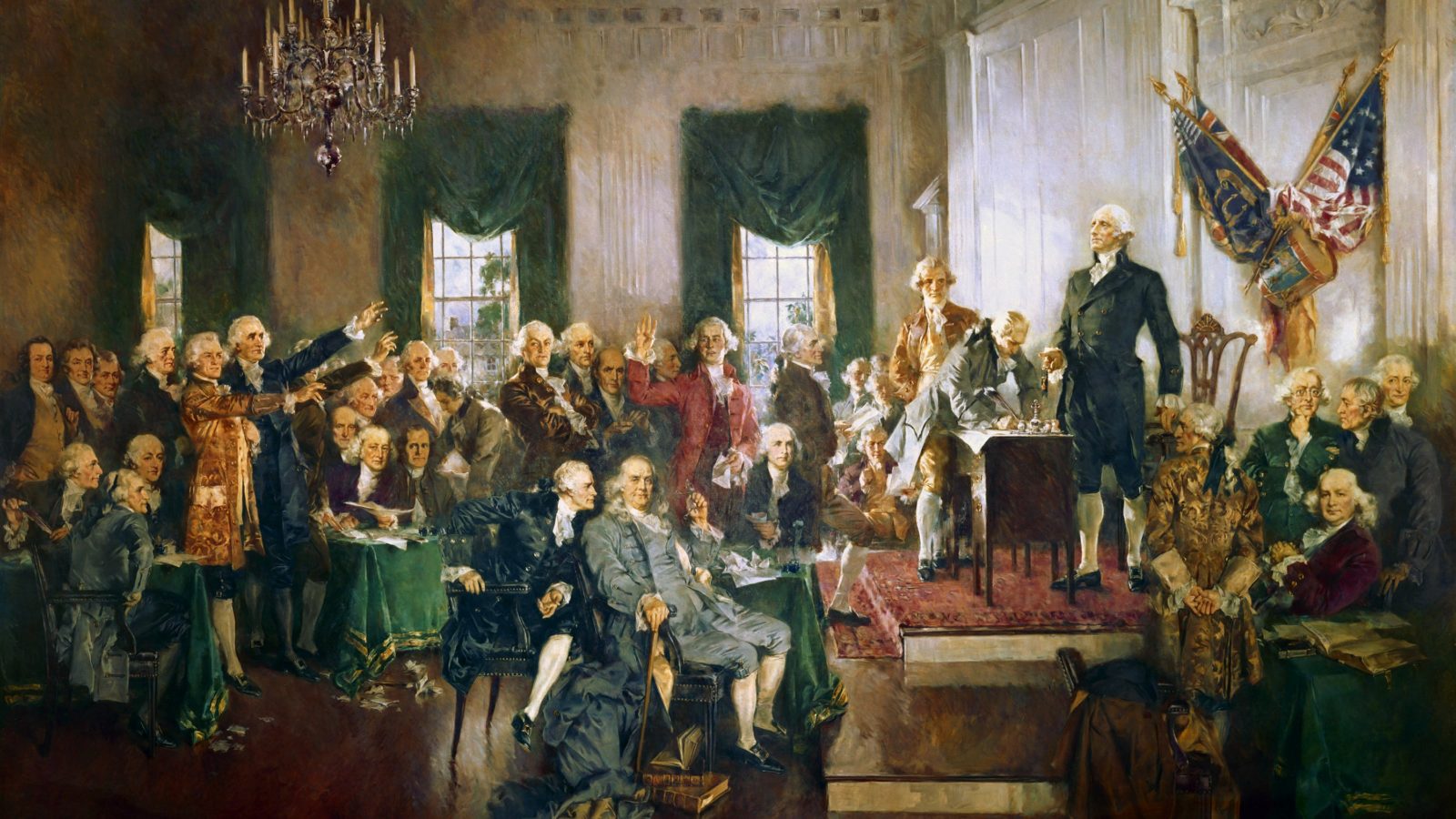
Today we observe Constitution Day – a celebration of the ratification of our Constitution, the document which set forth the foundation of our government and established the United States as a free Republic.
The United States has a unique form of government because of the Constitution. Our system of checks and balances, federalism and limited government are derived from the theory of governance that the founders enshrined in our nation’s central legal document, a document that binds us together as Americans.
According to James Madison, the founders understood that our nation was stitched together from many loose and disparate parts. They knew there were many different paths toward the “pursuit of happiness,” and the people needed to be as free as possible to pursue those paths. The founders recognized that the structure of a federal system would accommodate this diversity. Numerous different sets of state laws, policies and regulations all designed to reflect the personalities, customs and beliefs of the people in each individual state. This was, and is, the model of the Founders – following the core tenets of federalism to hold a fractured nation together around a small set of core principles.
Today, the federal government has bled beyond the bounds imposed by the Constitution. Federal overreach pervades nearly every aspect of our daily lives. You see it in school curricula, healthcare, energy utilization, taxes and a gamut of onerous regulations that make businesses less competitive.
The intentional design of our government was to preserve individual liberty. As the signers of the Declaration of Independence understood, governments are instituted among men to secure the rights of individuals. The Constitution doesn’t create rights, it protects them from being infringed. The most common infringer of individual rights is government itself, which is why checks and balances and enumerated powers are so crucial to the success of our Constitution.
In TFAS’s Support for Freedom Index, we measured how Americans define freedom and whether they generally support government interference in their daily lives. One of the most significant results was that more Americans feel less free (38%) than more free (11%) over the past 10 years. Combined with the fact that people surveyed support an ideal state of freedom over the amount of freedom they actually have, it’s clear that many Americans desire a fundamental shift in the way the federal government operates, specifically a move in line with the principles of the Constitution.
That’s where the importance of Constitution Day lies. It’s a day where we look at the Constitution anew, the document which created space for Americans to build greatest and most prosperous of nations. Every year we should pause on this day to consider with hopeful optimism the document which created the foundations for one of the freest countries in the world.

